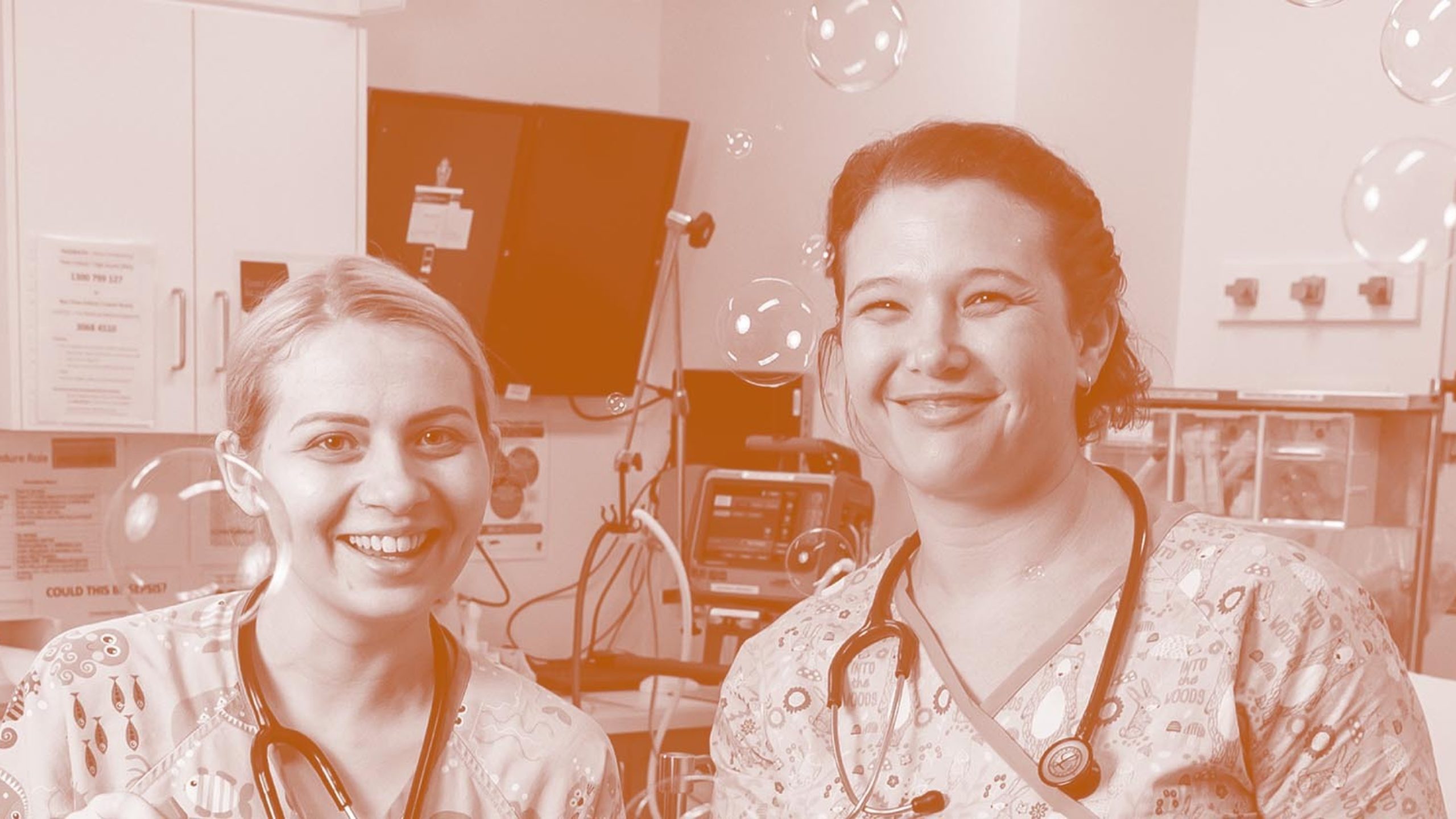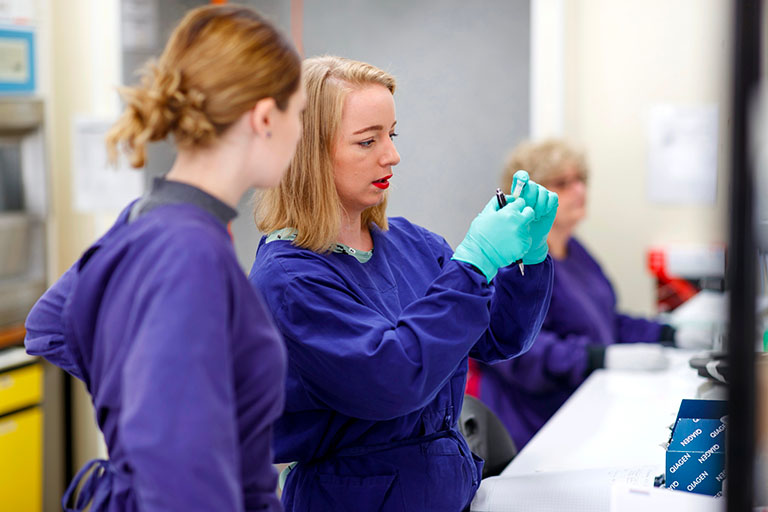
Let's Solve
Dementia
Dr Eamonn Eeles and his team are on a mission to detect and treat dementia early, before this disease takes hold. Support dementia research to help slow its progression and develop new, cutting edge drugs treatment options.
Is it possible to decrease the impacts of dementia?
Early detection is our best hope.
There are over 472,000 Australians currently living with dementia and the situation is worsening by the day. With life expectancy increasing, sadly even more people will be affected by this terrible disease in the years to come.
Without a medical breakthrough there will be 1.1 million people living with dementia in the next 35 years. Early onset dementia can affect those as young as 30 years of age. Once dementia takes hold, there’s no cure – yet.
Detecting this disease early though provides many opportunities. Firstly – it provides the opportunity for early interventions that are thought to slow the progression of the disease by creating new neuro pathways. More importantly though, understanding and physically seeing the onset of dementia will allow scientists to develop drugs to not only treat, but to prevent this disease.

Recent project
Brain mapping to detect early indications of dementia
Dr Eamonn Eeles, Geriatrician and Head of Research of Internal Medicine Services at The Prince Charles Hospital
Dr Eeles and his team are part of a world-first study mapping the brain using a newly created brain imaging technique and imaging tracer isotype. Previously, examining the brains of dementia patients could only occur after death. This research project however aims to see and identify the physical indications of dementia within the brain.
Similar to scanning for a broken bone, scientists can scan the brain to identify if dementia markers have grown or remained consistent. Seeing the physical effects of dementia can help identify the differences between healthy brains and those showing early signs of Alzheimer’s disease, the most common form of dementia.
Directly measuring chemical signals in the memory-forming part of the brain gives the best look yet into the workings of the brain and enables us to better evaluate changes that happen with early onset of Alzheimer’s disease.
It is our hope that this research will lead to the development of new drugs to help prevent and treat this disease. With early recognition, the chances of slowing or halting the effects of dementia improve dramatically, reducing the impacts on individuals, families and the community.